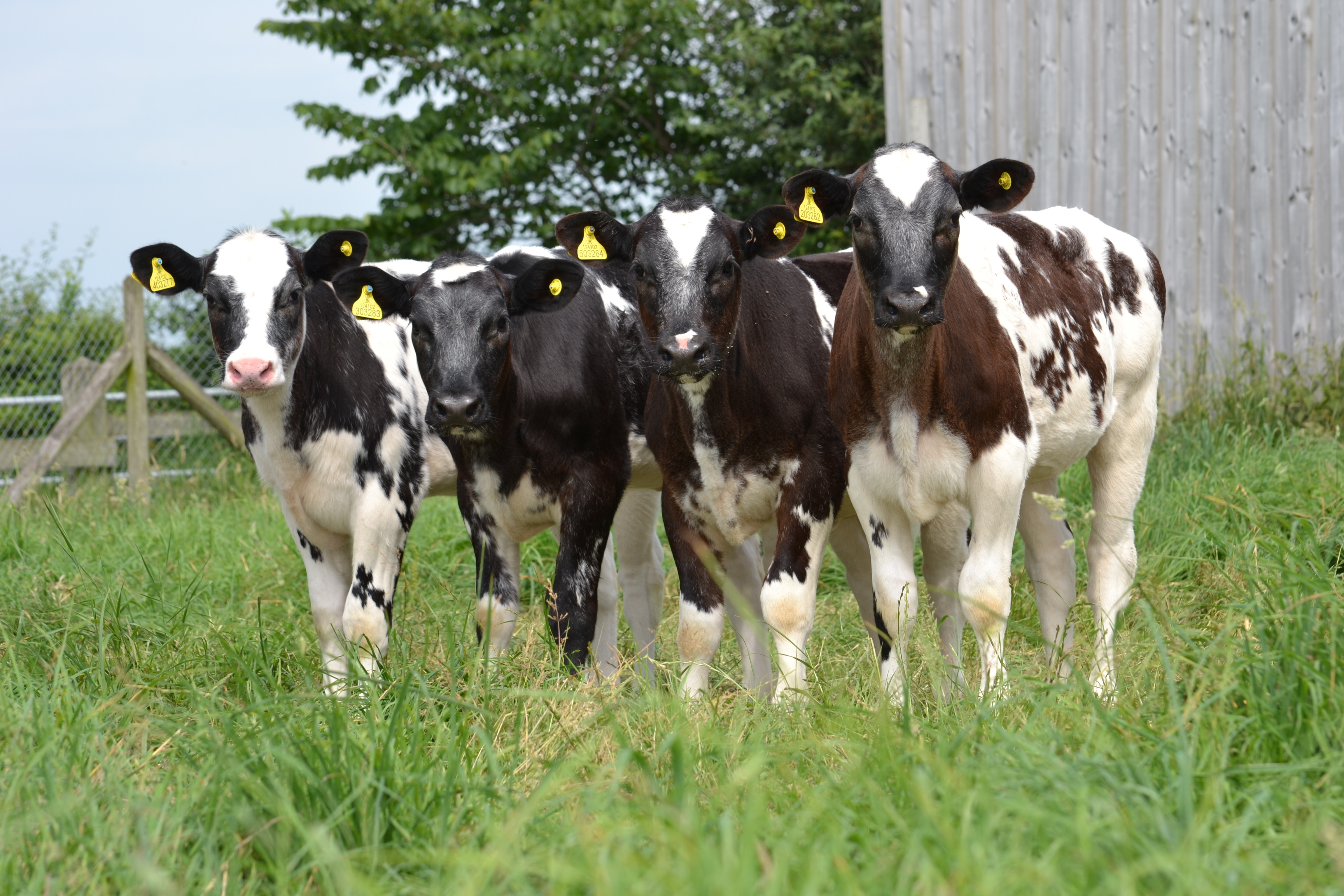Dairy farmers are being urged to revisit their beef bull selection policy to ensure they benefit from recent developments that analyse and select beef sires specifically for the dairy herd, offering a huge opportunity to increase income from calves born.
“Dairy herd breeding programmes have changed beyond recognition over recent years,” says Boomer Birch, Beef Programme Manager at Cogent UK. “The quality of data now available for beef bull selection has transformed the results achievable. Gone are the days of relying on EBVs, which weren’t fit for purpose for commercial dairy farmers.
“In recent years Cogent has introduced the £CBI, a new index that demonstrates the impact that different bulls have, and gives farmers the chance to decide their bull selection with a much higher degree of reliability. It is split into two sub-indices (£EMI and £MVI)* and considers a whole range of data including gestation length, birth weights, calving ease and calf vigour, calf quality and performance,” he explains. “Cogent tests around 50 beef bulls a year, with over 10,000 dairy cows on our test programme, so we have the ability to collect substantial amounts of data which is specifically based on beef from dairy.

“With the quality of data significantly improving, and the confidence that dairy farmers have in the suitability of bulls to their system, you should then look at the opportunities offered through the advancements in sexed semen. Clearly, you first need to look for a beef bull that suits your desired outcome whether that be through the local market, or through an integrated calf scheme. Then, adopting a breeding policy that incorporates sexed male beef semen is the next logical step to improve income stream from calves born. For example, let’s assume £7/straw for conventional, and £14 for male sexed semen and two services/pregnancy. For an additional £14 on your selected animals, you can look at ensuring an additional return of around £80-100 per calf.** With beef prices looking pretty stable, it’s something all dairy farmers should be seriously considering.
“In the UK, around 45% of dairy cows are bred to beef on dairy sires,” explains Boomer. “With such large numbers of inseminations going to beef, it’s important for every business to look at the return on that investment and what changes they can make to ensure they maximise the income from it.
“Consistency is also an increasingly important requirement from the marketplace. We work closely with the supply chain and through our relationship with Pathway Farming, who supply beef to a range of retailers, including Angus to a major supermarket, we understand the growing interest in efficiencies to get beef from farm to fork. It’s a joined-up approach and it’s important to factor all of these needs into the bull proof data and selection process on-farm to ensure the best results.”